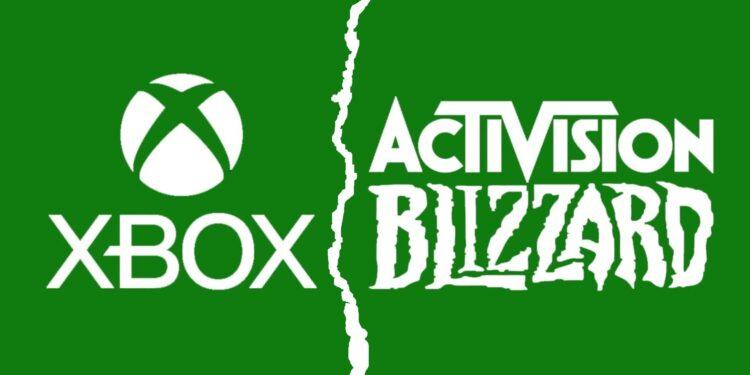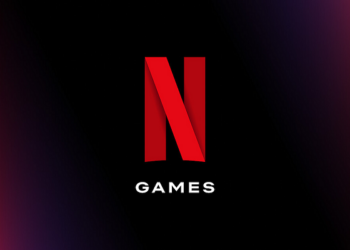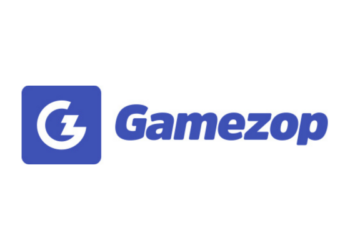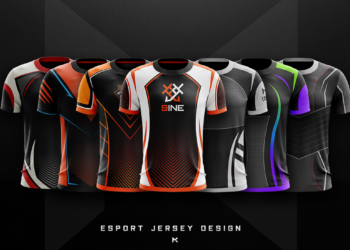Microsoft’s $69 billion bid to acquire Activision Blizzard, the makers of popular video games like Call of Duty, Candy Crush, Overwatch, and World of Warcraft, is caught in a tangle as Britain’s Competition and Markets Authority (CMA) blocked the deal.
The verdict is the largest gaming deal the CMA has ever blocked, representing a colossal setback for Microsoft’s ambitions in the gaming sector. The regulator worries that the acquisition would reduce competition in cloud gaming, a new industry with a projected global value of $13.7 billion by 2026.
We’ve prevented @Microsoft from purchasing @Activision over concerns the deal would damage competition in the #CloudGaming market, leading to less innovation and choice for UK #gamers. ☁️https://t.co/SdXt1rYAkZ pic.twitter.com/prWcDI7Evt
— Competition & Markets Authority (@CMAgovUK) April 26, 2023
It wasn’t simply about purchasing games promoting Xboxes; it was the most significant financial transaction in technology. On one level, it served as a method to support Microsoft’s transition from the console to becoming a Netflix for video games. It freed users from being locked onto a single device and allowed them to join a cloud-based gaming environment.
The CMA’s decision comes after it dropped its worries about the deal’s effects on the console market, dominated by Sony’s market-leading PlayStation, last month, leaving cloud streaming services as the final obstacle.
Microsoft had engaged in licensing arrangements with the owners of streaming services like Valve, Nvidia, and Boosteroid to solve the difficulty. Under a deal to bring the Call of Duty franchise to Nintendo’s Switch, it had also offered Sony a 10-year Call of Duty license.
However, the CMA concluded that Microsoft’s promise to give top cloud gaming platforms access to Activision’s Call of Duty franchise would not adequately allay its worries.
According to the CMA, cloud gaming is rapidly expanding, providing gamers greater flexibility in how and where they play games by removing their reliance on expensive consoles and gaming PCs. Protecting the competition in this new and exciting market is crucial.
Microsoft will appeal against the decision
Bobby Kotick, the CEO of Activision, told the company’s workforce that while the news was disappointing, he thought it was not the final call on the deal. Activision claimed it would work aggressively with Microsoft to have the decision overturned. At the same time, Microsoft’s president, Brad Smith, stated that his company was still fully committed to the acquisition and will file an appeal.
We remain fully committed to our acquisition with @ATVI_AB and will appeal today's determination by the CMA. Here's our statement. pic.twitter.com/ylvDP5RUqQ
— Brad Smith (@BradSmi) April 26, 2023
Since 2021, Microsoft has paid $7.5 billion for ZeniMax, the owner of The Elder Scrolls creator and publisher Bethesda. It was planned that the Activision transaction would be their largest to date.
The CMA’s decision is exceptional in antitrust because it was made primarily on what the merger would mean for a sector still in its infancy.
Sales of cloud-enabled services are projected to reach $5.1 billion in 2022, according to research firm Omdia, compared to over $35 billion in sales of traditional console games.
However, the regulator claims that cloud gaming is expanding quickly, that Microsoft would have a significant competitive advantage due to its size and influence, and that it would have a strong financial motivation to keep all Activision games exclusive to its platforms to stifle the market.
Activision’s shares dropped about 12 percent to $76.65, moving further away from Microsoft’s offer price of $95 per share, and roughly $8 billion in market value was erased due to the unexpected blow to the agreement.
The combination has already received approval from the South African, Brazilian, and Japanese competition regulators. The US Federal Trade Commission sued to try to stop the merger last August, and the European Union is now debating the agreement.










































